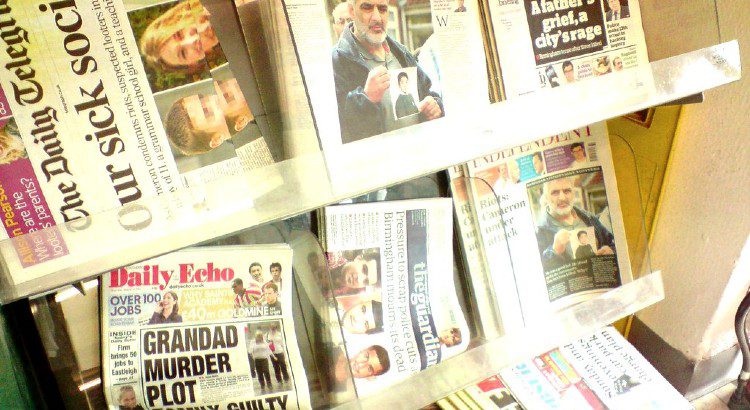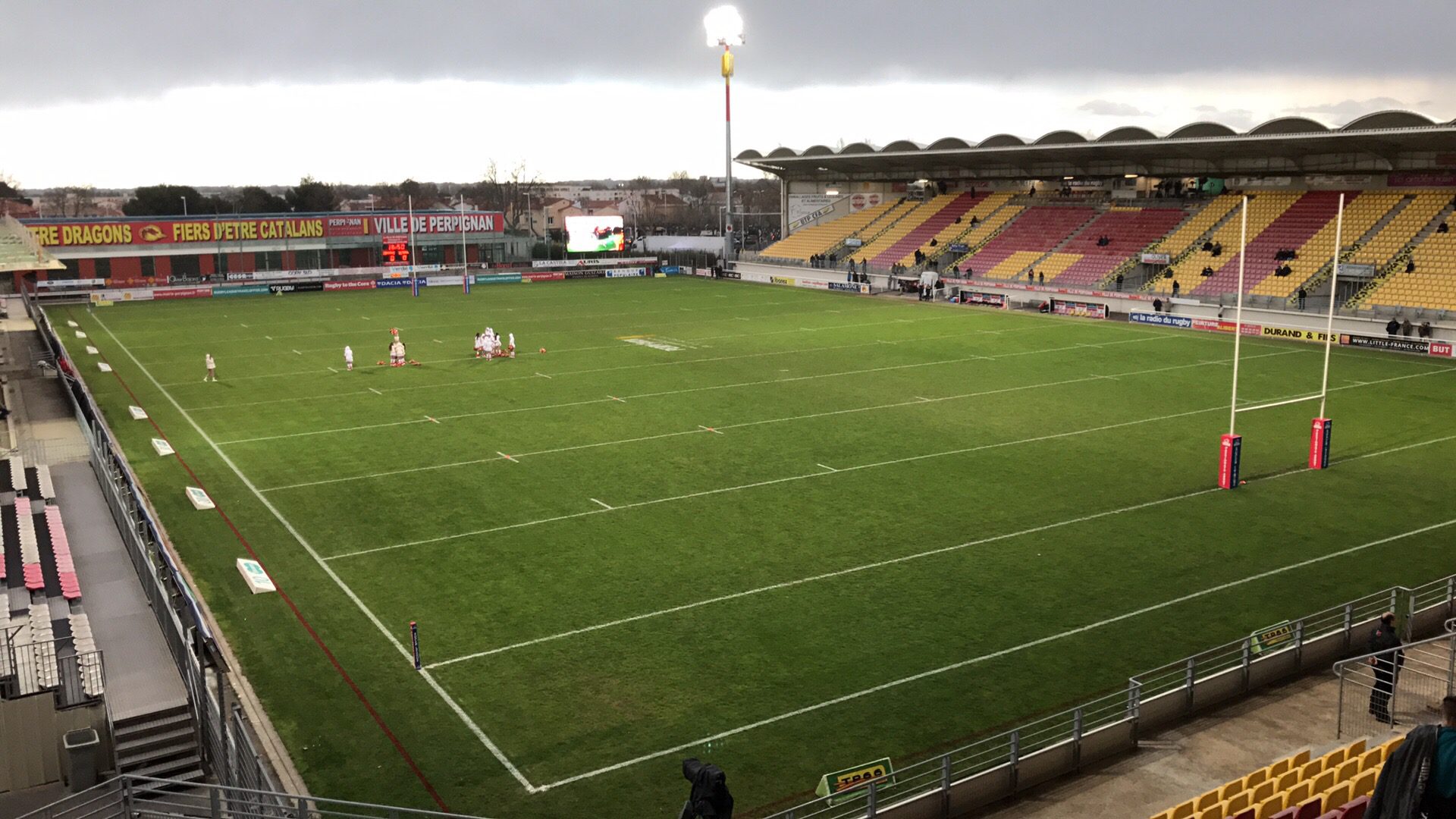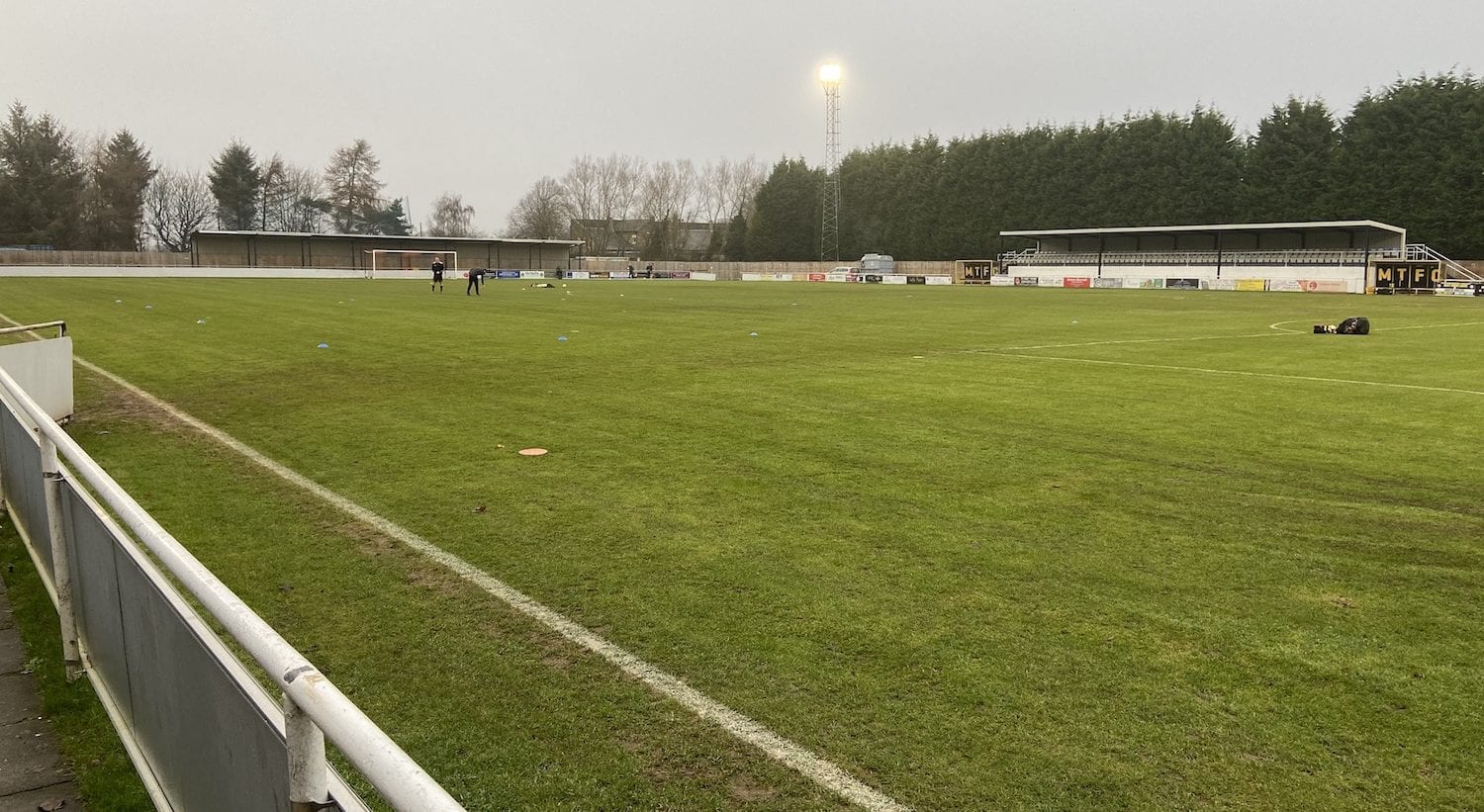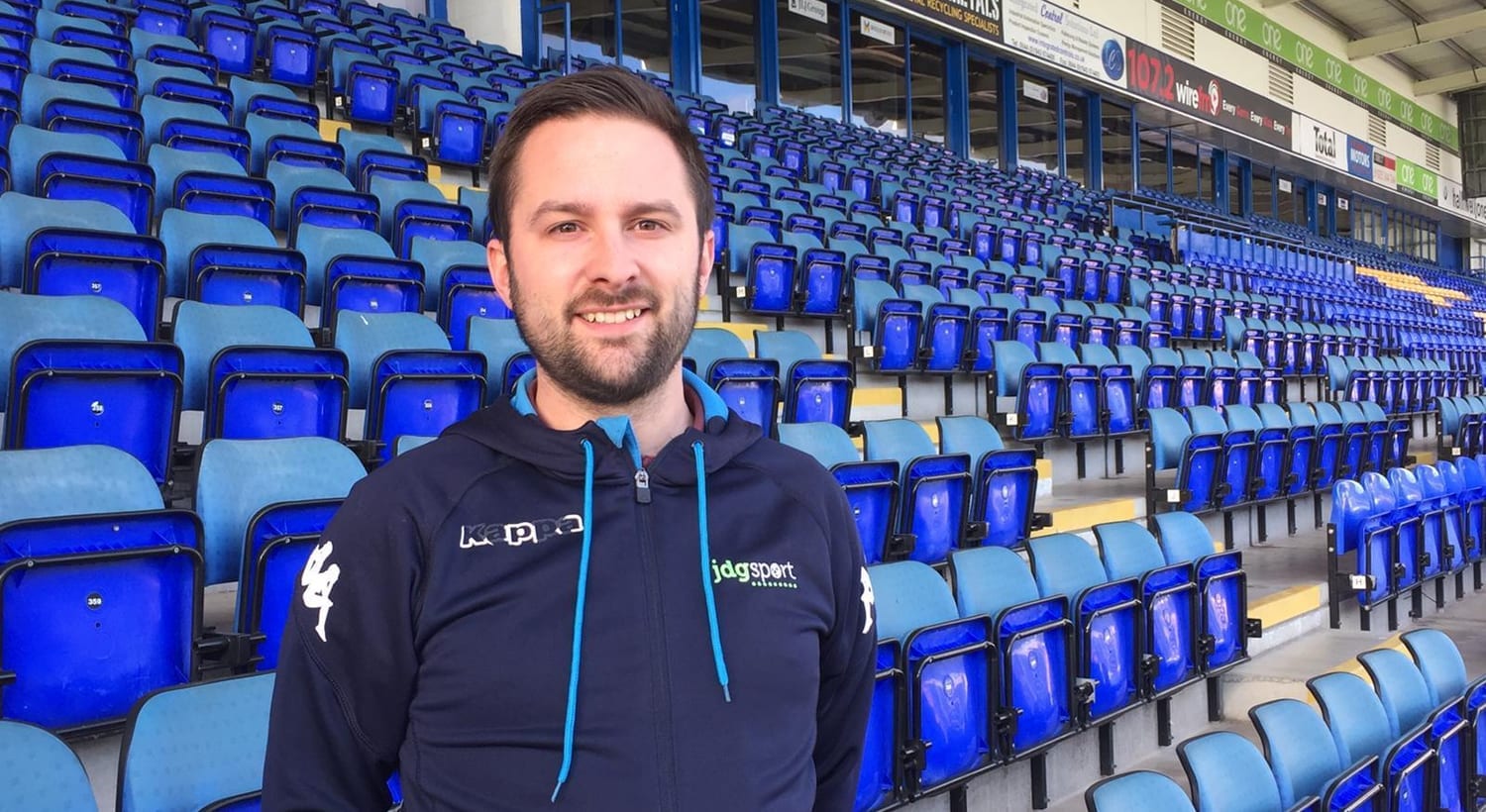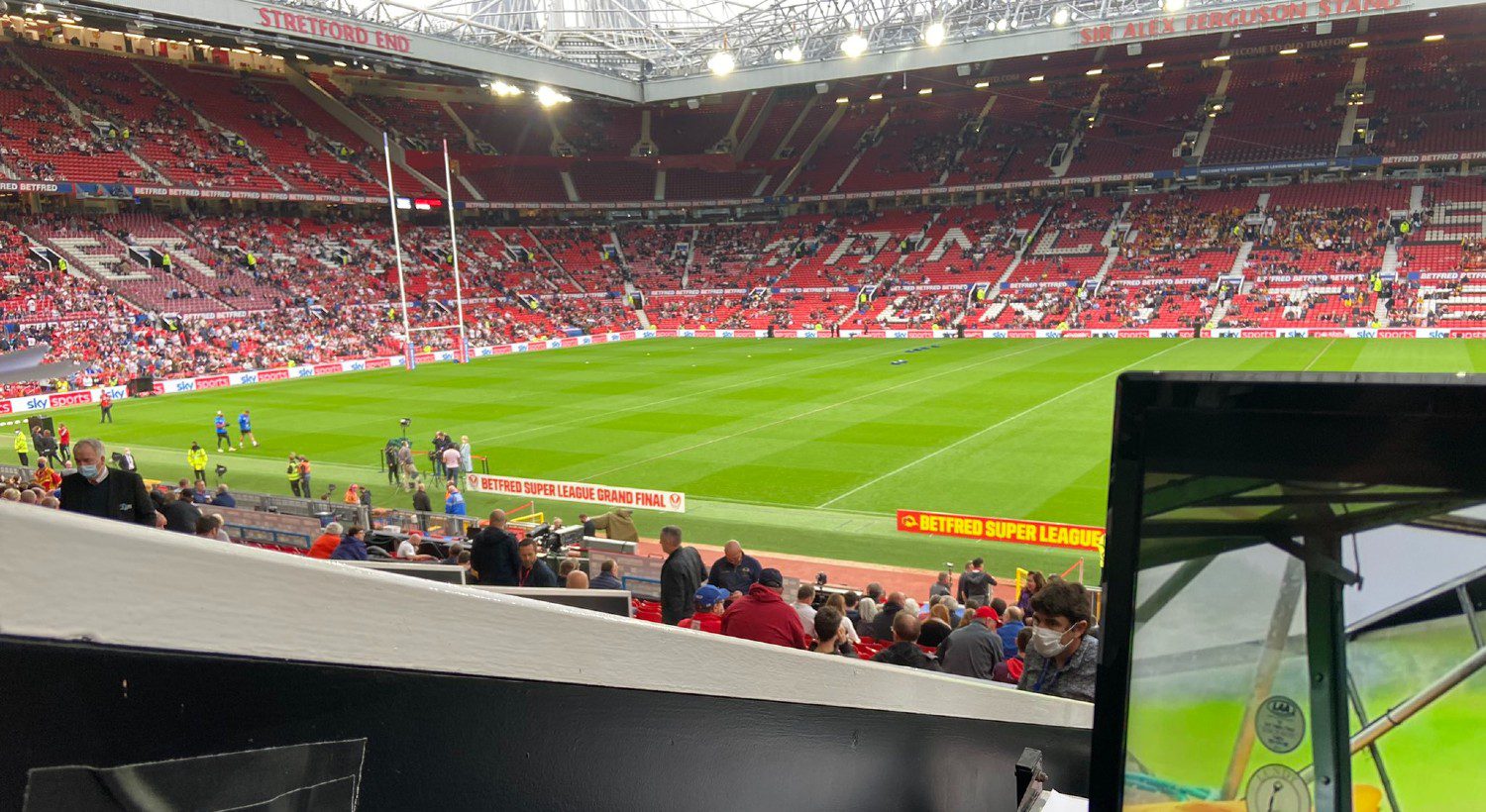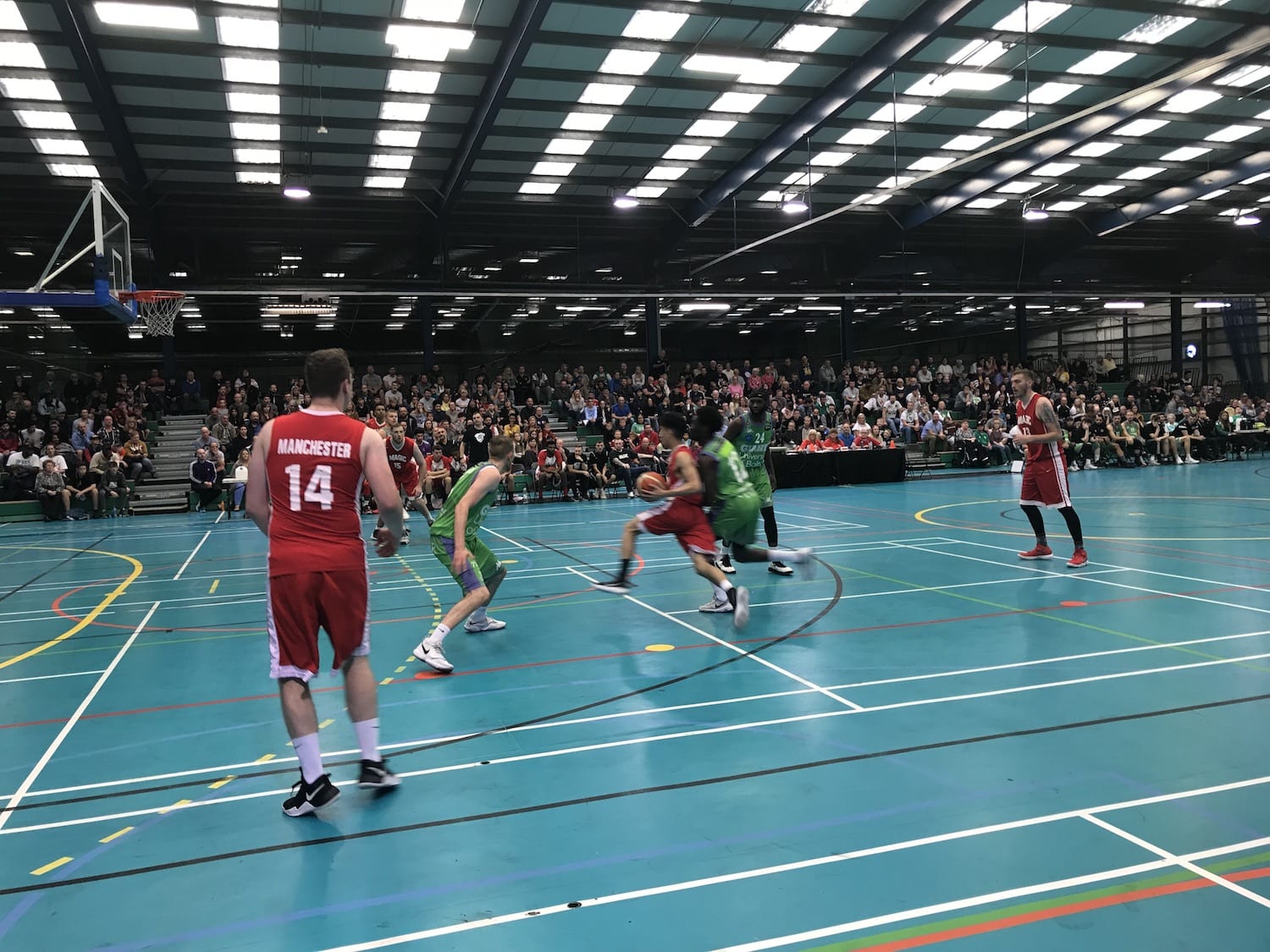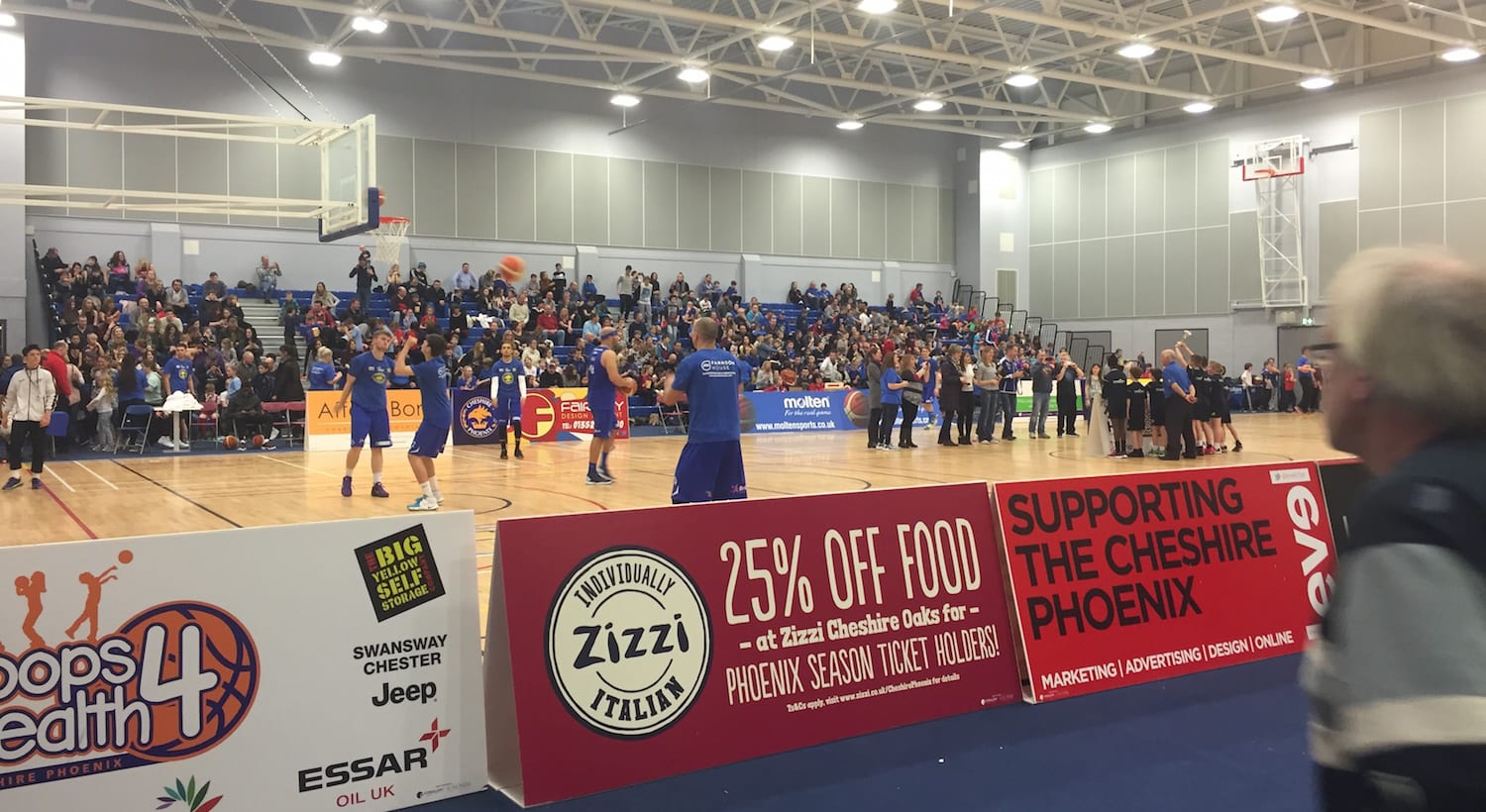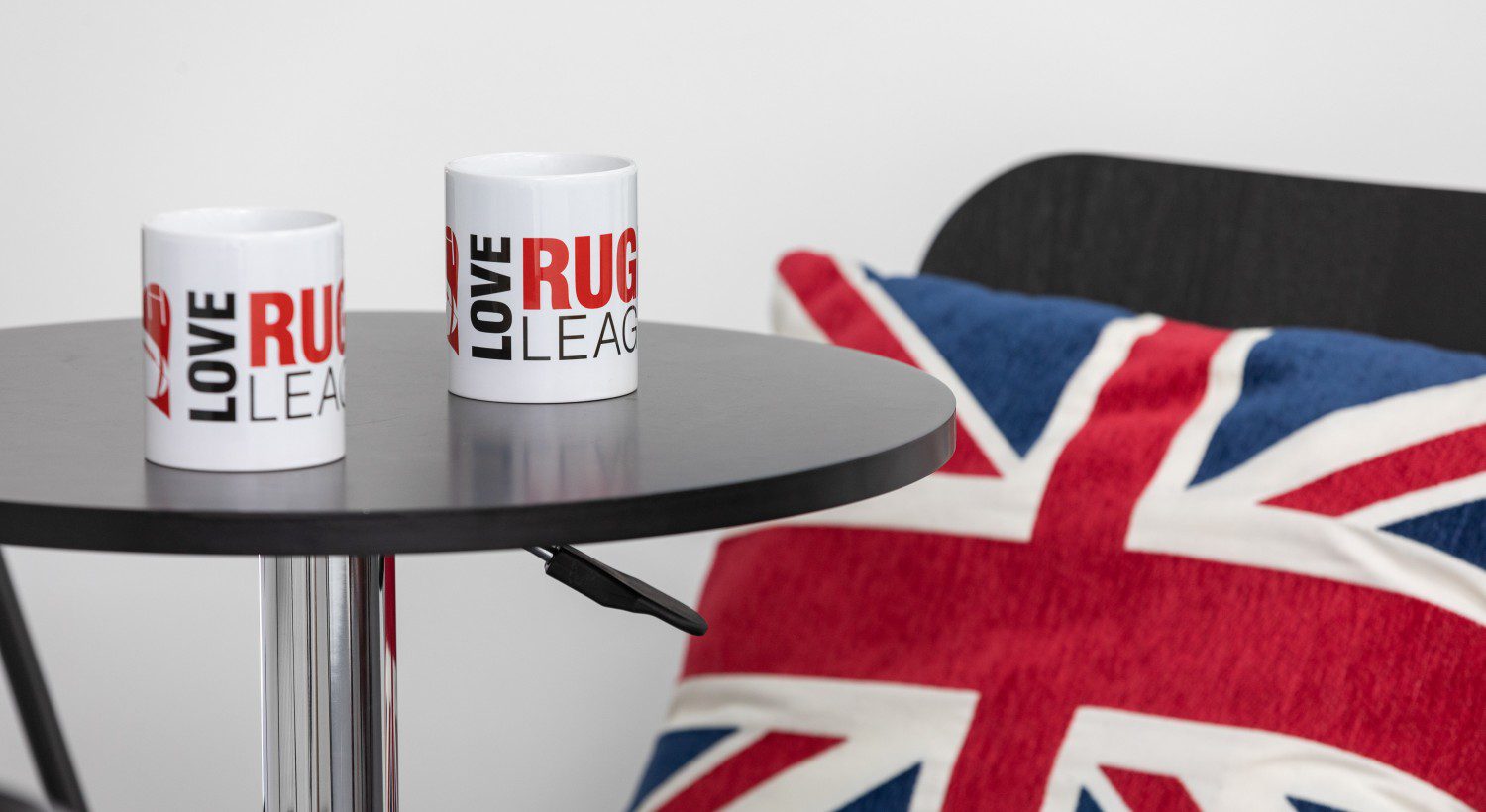It’s true that you have to evolve to survive.
But it can’t just be me that is frustrated at the way that local journalism is going.
Reach PLC has announced this week that regional journalists will be expected to generate increases of up to 70% in online page views.
In other words, chase clicks.
All it’s done is create a race to the bottom.
My local paper, Warrington Guardian (not owned by Reach, but by NewsQuest) regularly irks me with their non-Warrington content.
There is no way you can justify running a story about a wave that looked like a shark in Blackpool in the Warrington Guardian.
It’s a cheap way to get social engagement and clicks through to the website to chase targets like the above.
This is written by a centrally located reporter who then pushes it across multiple titles. This simply defeats the object of a local paper.
The same centrally located reports write things like ‘best things to do in Warrington’ – having probably never even been to the town.
Let’s not forget – papers like the Guardian are institutions. People, above a certain age at least, trust the brand. That trust will undoubtedly be waning as the chase for clicks ramp up.
Yes, stories from other areas might be of general interest to people in Warrington, but football might be of general interest to rugby league fans, but it doesn’t mean that Love Rugby League will start running Manchester United stories.
Of course, this is happening across the country, not just the Guardian. The Liverpool Echo and Manchester Evening News regularly share pieces from here, there and everywhere.
But they’re losing their purpose. They could just be replaced by localnews.com that covers the whole country.
Cue reporters fighting over the stories likely to get the biggest audience 🙄 Disappointing move for the profession. https://t.co/ZDaxQ54ZPa
— Nick Lavigueur (@grecian9) March 9, 2022
The MEN, for example, is dominated by Manchester City and Manchester United because of course they attract all the traffic.
But if the MEN isn’t going to cover minor sports teams in the city, in say lower league football, basketball and ice hockey, then just who is?
The challenge of monetising online journalism is great.
When I was at university in 2006, it was a major discussion point. Just how are all these institutions going to migrate from printed product to online and still generate revenue?
Paywalls have been tried and failed, even by the biggest publishers.
Local newspapers are now offering so many articles for free, and then requiring people to register – sometimes for a fee – to read more.
Journalists are being asked to create specific content to sit behind a paywall.
You could argue, that it’s still as pertinent a question as it was then.
People’s habits must also be brought in to question too – I’m sure every journalist has seen a cracking feature interview piece that they’ve spent ages on, get barely any traffic, compared to a story that took them five minutes to cobble together.
Diluting the brand and purpose of the brand is surely not the answer though.

